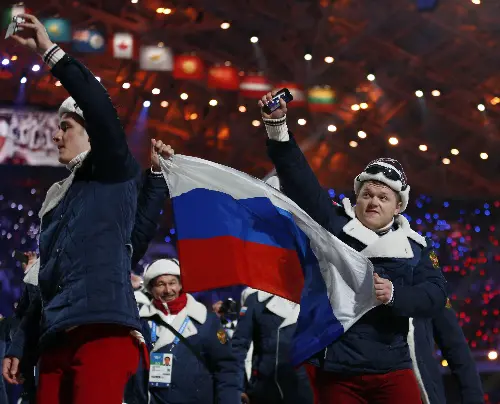"With this ring, I thee wed ..." and the bride will usually adopt her husband's surname in their marriage.
But in the new century, it will open up a whole new world of marriage for the big naming question when they utter those immortal words "I do."
British academics recently launched the country's biggest ever study into the impact of same-sex marriage on long-standing wedding traditions.
They want to know whether Britain's recent changes to its marriage law will lead to a new set of conventions when it comes to exchanging vows and changing names.
More than 1,000 men and women from across the country have responded to a soul-searching survey by the Discourses of Marriage Research Group, made up of academics from universities in Nottingham, Liverpool, Sheffield and Hull.
They asked people, both gay and straight, to fill out a survey to help reveal the answers to the big naming question.
"There is very little research in this area, so we are hoping to find out, from a large sample of people, what they and their friends are doing with their names and what influences those decisions," said Georgina Turner, a member of the research group.
The survey closed earlier this week, and now researchers will spend months analyzing the results to find answers to the big naming question. The team aims to deliver a clearer picture of marriage and naming in the 21st century.
Marriage remains a popular choice for many and is now a new option for those in same-sex relationships. With ceremonies becoming more and more personalized and varied, researchers are interested in finding out whether the same creativity is being applied to naming choices.
The team also wants to learn more about how the introduction of children can change attitudes, and also whether some long-term partners change their names but skip a marriage ceremony altogether.
"It was really important for us to hear from all kinds of different people so we can paint an accurate picture of naming choices in the UK, and have a look at how they might be changing -- or not," said Turner, a lecturer at the University of Liverpool.
"We're delighted with the positive response and can see that the question of surname choices is of concern to lots of people -- whether gay or straight, old or young, unmarried or married, female or male. ... We can't wait to delve deep into the data," she added.
Lucy Jones from Nottingham University, another member of the research group, said that by far the majority of British women getting married take on the names of their husband as soon as they say "I do."
"This goes back to the days when women were regarded as property. The father traditionally 'gave away' his daughter and she became the property of her husband, and took on his name," Jones said.
She added that the results of the survey showed "a whole mix of decisions."
"Some couples stick with tradition; some will decide on double-barrel names using both surnames; a number will create an entirely new surname on marriage, perhaps a mix of their names, or even a name reflecting where they first met," Jones said.
"The traditions in conventional marriage go back a long way, but what we want to see is how the introduction of same-sex marriage, where there are no naming conventions, will impact on the whole convention of marriage names," she noted.
 简体中文
简体中文










